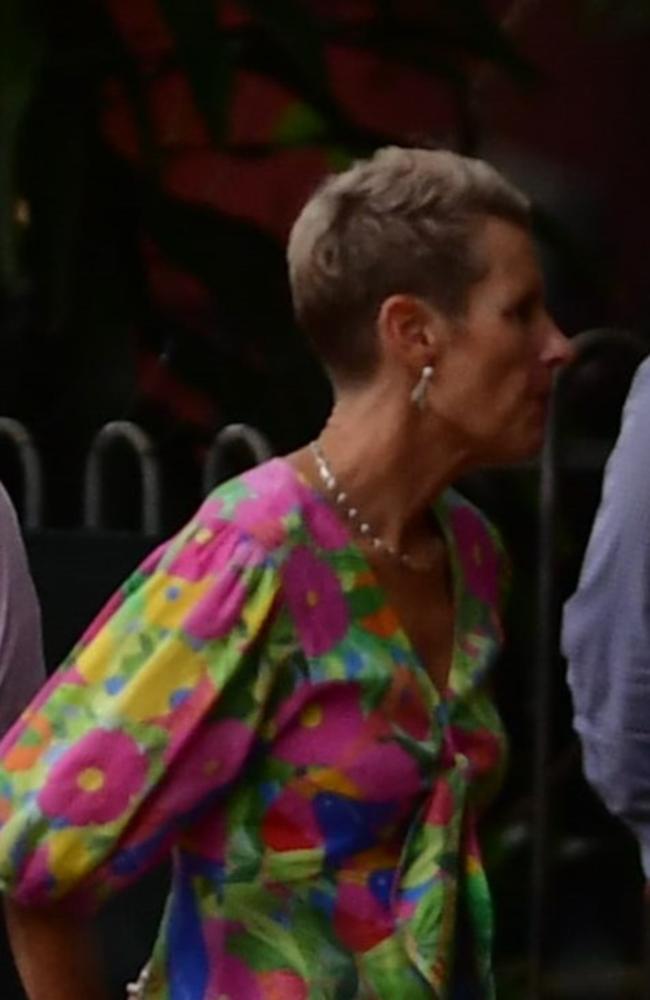Inquest into death of Kumanjayi Johnson, 45, concludes in the Alice Springs Local Court
A coroner is being urged to fix communication gaps after a man was found in an ‘advanced state of decomposition’ – six days after he walked out of his supported living facility.

News
Don't miss out on the headlines from News. Followed categories will be added to My News.
A Territory coroner is being urged to fix communication gaps after a man was found in an “advanced state of decomposition” in the Red Centre – six days after he walked out of his supported living facility.
Held in the Alice Springs Local Court, the week-long inquest examined the death of 45-year-old Kumanjayi Johnson – who wandered through Central Australian outback for more than 40 hours before a missing persons alert was issued by police.
Tragically, his body was found on December 9, 2022, wedged between two rocks near Alhekulyele, Mount Gillen in Alice Springs – six days after he left his supported living accommodation.
He was found half an hour from his home at the disability support service, Lifestyle Solutions (now called Possibility Group) in an “advanced state of decomposition”, the inquest heard.
Kumanjayi’s cause of death was likely from environmental exposure and dehydration, counsel assisting James Lowrey told the court in his opening statement.
The inquest concluded on Friday, and his cause of death was not an issue the inquest was examining, Mr Lowrey said.

He provided recommendations Coroner Chrissy McConnel could make around three circumstances surrounding the death.
They were the provision of care immediately before passing, the conduct of the search for Kumanjayi, the responsibility and care of the search, he said.
Clearer communication between cops and carers was one recommendation Mr Lowrey gave to Ms McConnel, recommending she consider “how NT Police partner with organisations such as Lifestyle Solutions to ensure timely receipt of all information relevant to missing person incidents involving their services”.
Mr Lowrey also said Ms McConnel may find there was no policy in place for carers to follow if Kumanjayi left his accommodation and found himself in a situation where “he felt vulnerable, scared, lost or confused” while exercising his independence.

The inquest heard how the 45-year-old was an initiated Arrernte man on an NDIS plan and was under the care of the NT Public Guardian in 2015.
At 37-years-old, he was diagnosed with a severe mental impairment, and his memory was impaired.
The inquest heard how the staff at the facility tried to balance this, while also providing him with opportunities to be independent, Mr Lowrey said.
He said the coroner may find the care Kumanjayi received leading up to his death was “not perfect” but the providers involved in his care “were able to identify and reflect upon those shortcomings in a way which tends towards the prevention of future harm”.
The coroner could also find “communication gaps arose in the processes and procedures regarding behaviour assessment, reporting and support as between Kumanjayi’s service providers,” Mr Lowrey said.
At the beginning of the inquest, Mr Lowrey told the court how Kumanjayi was a man who loved birds, was adored by his family in Papunya, and could speak three Arrernte dialects – as well as English and Luritja.
He had a number of “behaviours of concern” – including run-ins with the criminal justice system – Mr Lowrey said in his opening statement, but they “did not define him”.
Ms McConnel will deliver her findings at a later date.




